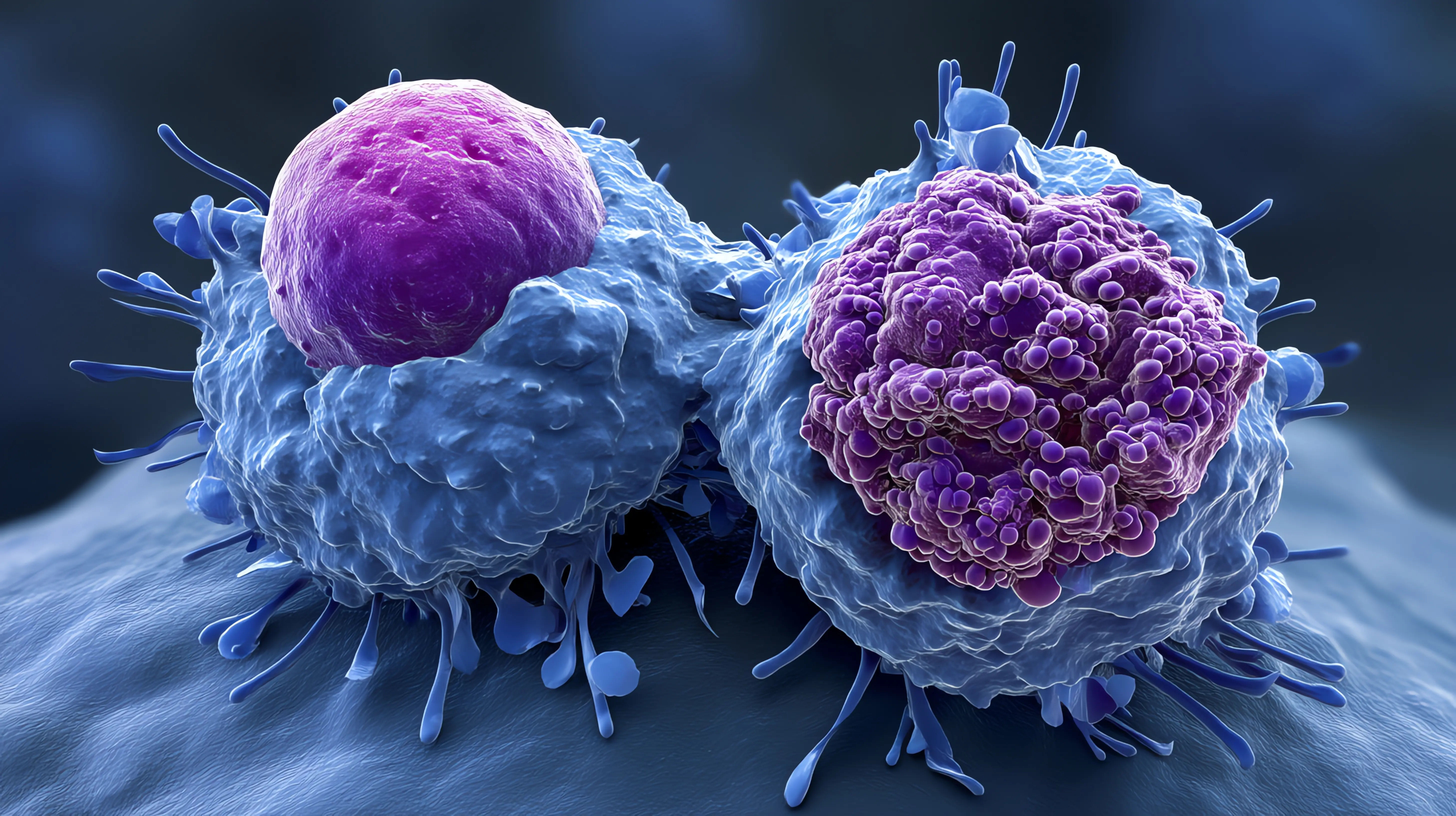How to Boost Basophil Levels Naturally
Discover natural ways to support healthy basophil levels and boost overall immunity. Learn about nutrient-rich foods, lifestyle habits, and the importance of addressing underlying health conditions to maintain optimal immune function.

Written by Dr. Mohammed Kamran
Reviewed by Dr. Rohinipriyanka Pondugula MBBS
Last updated on 13th Jan, 2026

Basophils are a type of white blood cell that play a crucial role in your immune system. They help fight infections, especially those caused by parasites, and are involved in allergic reactions. Low basophil levels (basopenia) may not always cause noticeable symptoms, but they can indicate underlying health issues such as infections, stress, or hormonal imbalances. If you’ve been diagnosed with low basophil levels, you may wonder how to boost them naturally. Here’s a simple, friendly guide to help you understand and improve your basophil count through diet and lifestyle changes.
Understanding Basophils
Basophils make up a small percentage of your white blood cells (less than 1%). While they are rare, their role is vital—they release histamine and heparin, which help in inflammation and blood clotting. Low levels may not always be a concern, but persistent basopenia could indicate:
Chronic stress
Allergic reactions
Autoimmune disorders
Thyroid imbalances
Nutritional deficiencies
If your doctor has advised improving your basophil levels, here are some natural ways to support your immune system.
Consult Top Physician
Natural Ways to Boost Basophil Levels
Natural ways to boost basophil levels are:
1. Eat a NutrientRich Diet
A balanced diet ensures your body gets essential vitamins and minerals needed for healthy white blood cell production. Focus on:
Ironrich foods: Low iron can affect basophil production. Include spinach, lentils, red meat, and pumpkin seeds.
Vitamin B6 & B12: These vitamins support immune function. Eat bananas, chickpeas, eggs, and dairy products.
Zinc: Found in nuts, seeds, and seafood, zinc helps in white blood cell production.
Omega3 fatty acids: Flaxseeds, walnuts, and fatty fish (like salmon) reduce inflammation and support immunity.
2. Stay Hydrated
Water helps flush out toxins and supports blood circulation, ensuring immune cells function optimally. Aim for at least 810 glasses of water daily.
3. Manage Stress
Chronic stress weakens immunity and may lower basophil levels. Try:
Meditation or deep breathing exercises
Yoga or light physical activity
Getting 78 hours of sleep
4. Exercise Moderately
Regular, moderate exercise (like walking, swimming, or cycling) improves circulation and immune function. Avoid excessive workouts, as they may strain your body.
5. Avoid Smoking & Excessive Alcohol
Both can suppress immune function and reduce white blood cell counts. Cutting back helps your body recover naturally.
6. Herbal Support
Some herbs may help strengthen immunity:
Echinacea: Known to support white blood cell production.
Turmeric: Its antiinflammatory properties may aid immune health.
Ginger & Garlic: Natural immune boosters.
7. Get Enough Sleep
Poor sleep disrupts immune function. Aim for 79 hours of restful sleep to help your body regenerate cells effectively.
When to See a Doctor?
If you experience frequent infections, fatigue, or unexplained symptoms, consult a doctor. Low basophil levels may sometimes indicate an underlying condition that needs medical attention.
Need Help?
If you’re concerned about your immune health or basophil levels, you can book a consultation with an Apollo24|7 specialist for personalized advice.
Final Thoughts
Boosting basophil levels naturally involves a healthy diet, stress management, and good lifestyle habits. While minor fluctuations are normal, persistent low levels should be checked by a doctor. Small changes in your daily routine can make a big difference in supporting your immune system!
Consult Top Physician
Consult Top Physician

Dr. Waseem Ahmed
General Physician/ Internal Medicine Specialist
13 Years • MBBS, PG Dip. Geriatric Medicine, DNB Family Medicine, PG Dip. Endocrinology,Fellowship in Diabetes
Chennai
Apollo Speciality Hospitals OMR, Chennai

Dr. Ramya Hari
General Practitioner
18 Years • Medical Head & Family Physician, DG Shipping Approved Doctor, Panel Physician - UK Visa Medicals
Chennai
Apollo Medical Centre Kotturpuram, Chennai

Dr. Subashini Venkatesh
General Physician/ Internal Medicine Specialist
25 Years • MBBS., DCH, MRCGP, Dip (Dermatology), CCT
Chennai
Apollo Hospitals Heart Centre Thousand Lights, Chennai
(25+ Patients)

Dr. Shashikant Nigam
General Physician/ Internal Medicine Specialist
41 Years • MD (Medicine)
Ahmedabad
Apollo Hospitals Gandhinagar, Ahmedabad
(50+ Patients)

Dr. Rama Narasimhan
General Physician/ Internal Medicine Specialist
20 Years • MBBS, MD
Chennai
Apollo Hospitals Greams Road, Chennai
